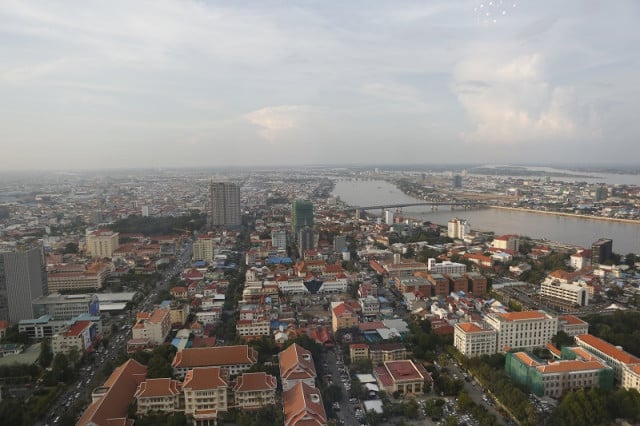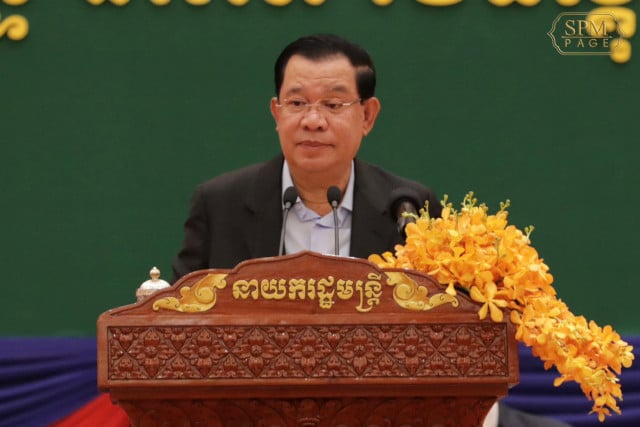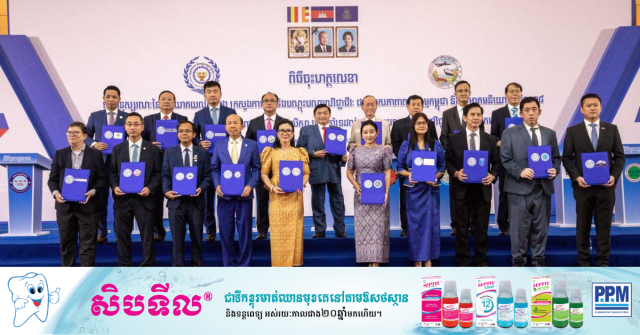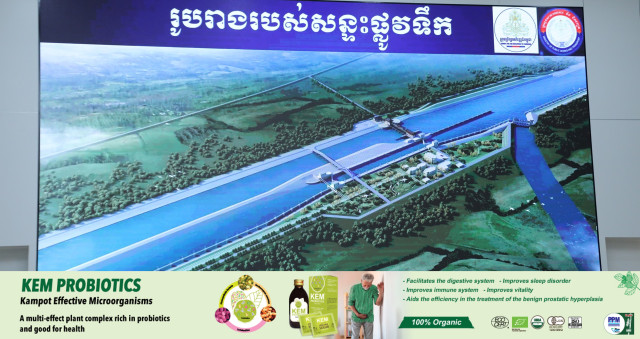ADB Calls for Reform to Property Taxes

- Jazmyn Himel
- February 13, 2020 2:17 AM
The Asian Development Bank (ADB) warns that reforms are needed for inclusive economic growth in Cambodia and suggests property tax is an area for improvement.
PHNOM PENH--Despite being one of the fastest growing economies in Asia, Cambodia’s property tax reforms are failing to contribute proportionately to that growth.
Under the current 2010 law, Tax on Immovable Property, immovable properties are taxed at just 0.1 percent, but only if the property is valued over $25,000. This is according to a governance brief released last month by the ADB.
Arguing that property tax has yet to become a “significant revenue producer for Cambodia due to policy design and administrative issues,” the brief goes on to suggest that, “the statutory tax rate is low and the scope of tax is limited to properties located in the capital city of Phnom Penh and provincial cities.” This, the brief notes, allows many rural or provincial properties to remain exempt from taxes.
“Compared to other taxes, property taxes are considered the least distortive instrument in terms of economic growth,” explained co-author of the brief and International Tax Policy Consultant for the ADB, Sissie Fung.
“When properly designed, property taxes can also be an important policy instrument to reduce inequality, support fiscal decentralization, capture land value, promote efficient land-use management and infrastructure development, and stabilize residential property prices,” she said.
The ADB recommended increasing the property tax revenue to 1-1.5 percent of Gross Domestic Product (GDP) over a 10-year period, stating it would be “beneficial to the country.” The long-term goal would “establish context for continuous improvement of the system and administration of property tax in the long term,” according to the report.
“Cambodia is already in the process of improving the revenue performance of the property tax under the current Revenue Mobilization Strategy,” Fung continued. “By focusing on the bringing all properties into the registered system, broadening the tax base, updating the property values every five years, strengthening enforcement and tax collection, the government of Cambodia is taking important steps toward increased property tax revenues,” she notes.
The Cambodian government’s approach to property tax has focused mainly on “improving administration, increasing valuation levels, strengthening its enforcement and compliance measures and on tax relief to address social equity concerns,” the report outlined.
As the report stated, there has yet to be a reached agreement on increases in property tax, as establishing an effective tax system is the country’s priority, but this is not the first time a development partner has pointed to property tax reform in Cambodia.
In September 2019, the International Monetary Fund (IMF) released a white paper suggesting that Cambodia focus more on developing progressive tax reforms, such as property tax.
In the study, the IMF concluded that property tax generated just 0.1 percent of GDP in Cambodia. This, it argued, could be increased through property tax reforms to nearly 2.7 percent of GDP. The white paper also analyzed the potential revenue collection generated by increasing value-added tax and income tax, but found that they would only add growth of 1.8 percent and 0.3 percent respectively.
The Ministry of Economy and Finance reported collecting $6 billion in taxes over the course of 2019, up from $4.7 billion in 2018.















